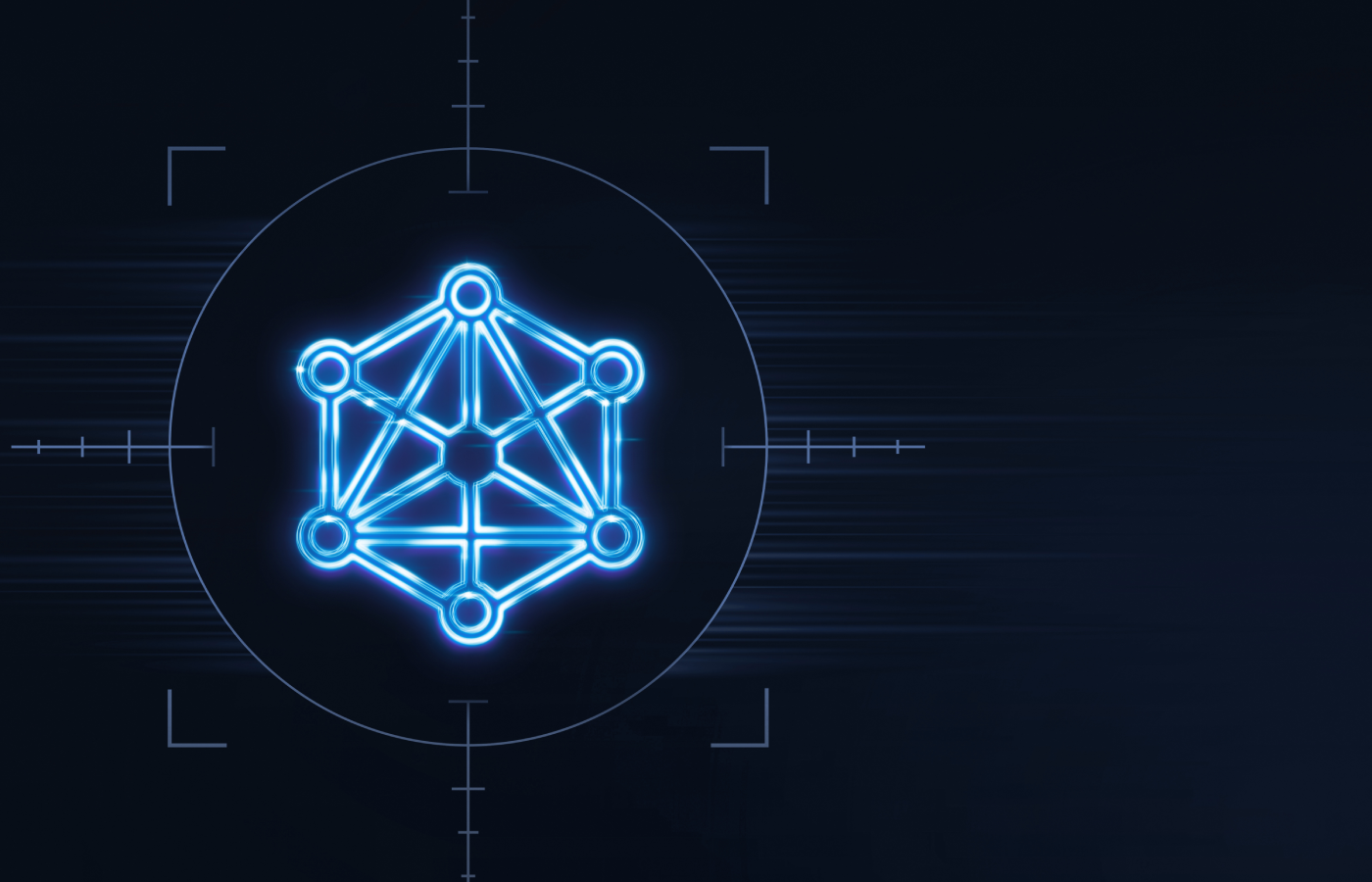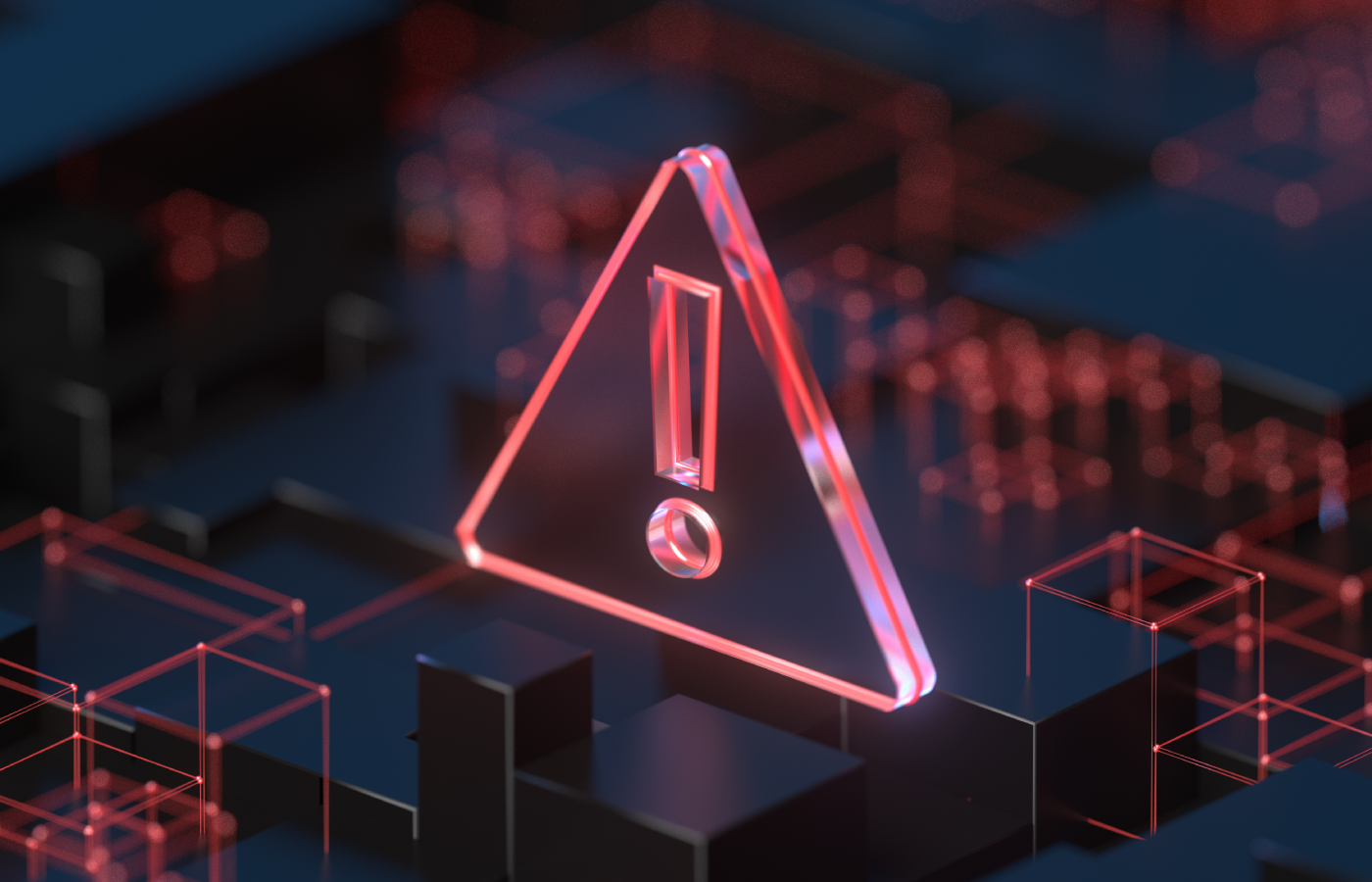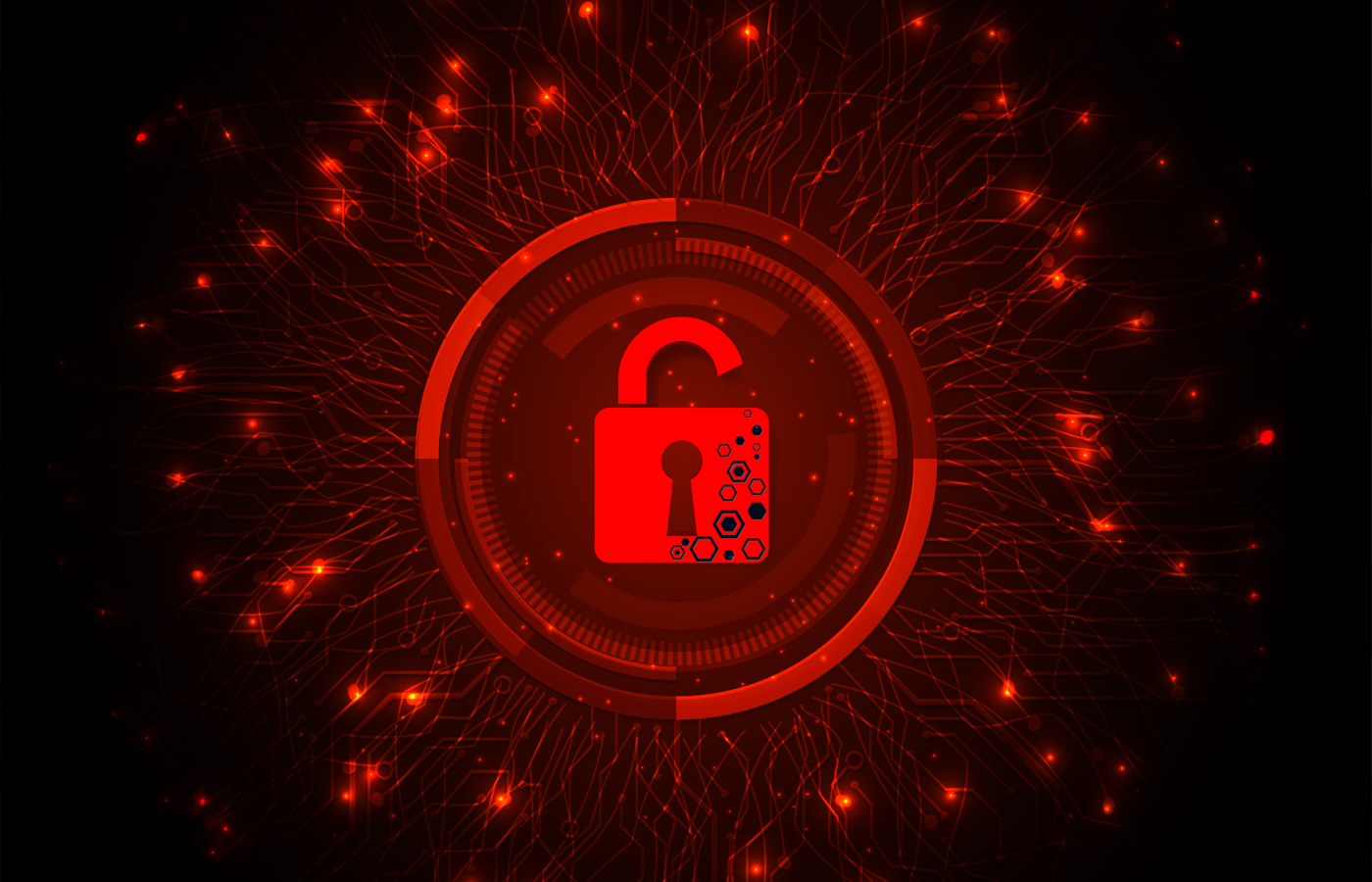Trends
Get expert insights on the latest developments in cybersecurity to stay ahead of the curve.
-
8 Binge-Worthy Cybersecurity Podcasts in 2024
Check out the best cybersecurity podcasts to follow in 2024. Stay informed on the current trends and best practices from industry leaders. Read more
-
HackerGPT 2.0 Unveils New AI Cyber Defense Strategies
HackerGPT helps security teams manage complex cybersecurity strategies with the power of AI. Discover all of its capabilities and how to get started. Read more
-
Volt Typhoon Disrupts US Organizations, CISA Issues Alerts
Volt Typhoon has expanded its operations beyond illegal access and data theft in the US. Discover how they’re attacking and what you can do for protection. Read more
-
Recent Tesla Hacks Highlight Importance of Protecting Connected Devices
Recent ethical hacking efforts on Teslas emphasize how important IoT security is for businesses. Read more about IoT vulnerability news. Read more
-
Why BYOD Is the Favored Ransomware Backdoor
80% of ransomware attacks come from unmanaged devices. Explore how BYOD could be ransomware’s favored method and how to protect against attacks. Read more
-
5 Major Cybersecurity Trends to Know for 2024
The cybersecurity space is constantly changing. Discover the cybersecurity trends you should expect to see in 2024. Read more
-
Types of Encryption, Methods & Use Cases
Each type of encryption has its advantages. Discover which encryption type you should use when protecting your organization’s data. Read more
-
Weekly Vulnerability Recap – October 30, 2023 – Citrix & Cisco Haunted by Vulnerabilities
Is it better to stress now, or stress more later? Organizations that possess effective patch and vulnerability management suffer stress earlier as vulnerabilities are announced and their teams work hard to eliminate them. Organizations that don’t patch promptly likely suffer additional stress when the unpatched vulnerabilities are targeted by attackers. The ongoing stress related to… Read more
-
MITRE ATT&CK Evaluations 2023: Palo Alto, Microsoft, CrowdStrike & Cybereason Lead the Way
MITRE Engenuity has released its 2023 ATT&CK evaluations, examining how top cybersecurity vendors detect and prevent sophisticated cyberthreats. This year, the evaluations focused on the techniques of Turla, a Russia-based threat group. Turla uses a command-and-control network, as well as open source tools, which are more difficult to protect and easier to exploit because anyone… Read more
-
Cisco to Acquire Splunk for $28 Billion
In a blockbuster deal that could shake up the cybersecurity market, Cisco announced this morning that it will acquire Splunk for $28 billion. If the deal clears regulatory hurdles, it would give Cisco a big position in the market for centralized cybersecurity management solutions like security information and event management (SIEM) and security orchestration, automation… Read more





